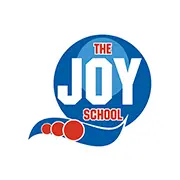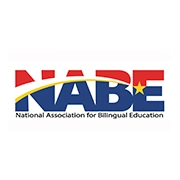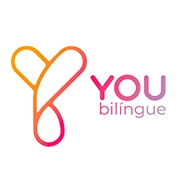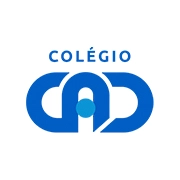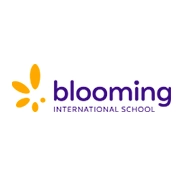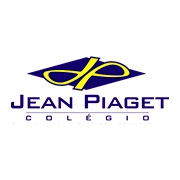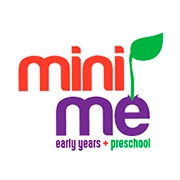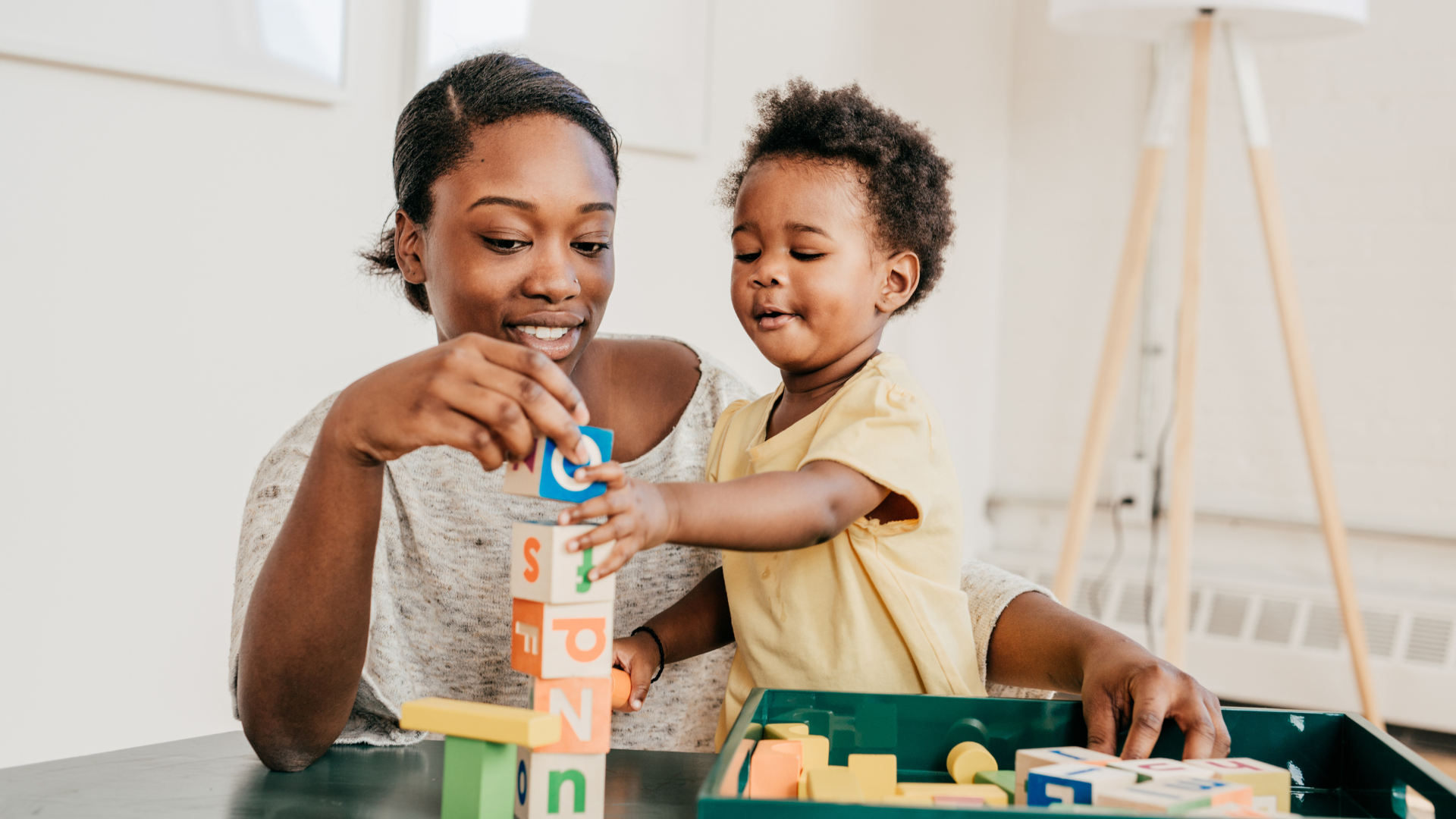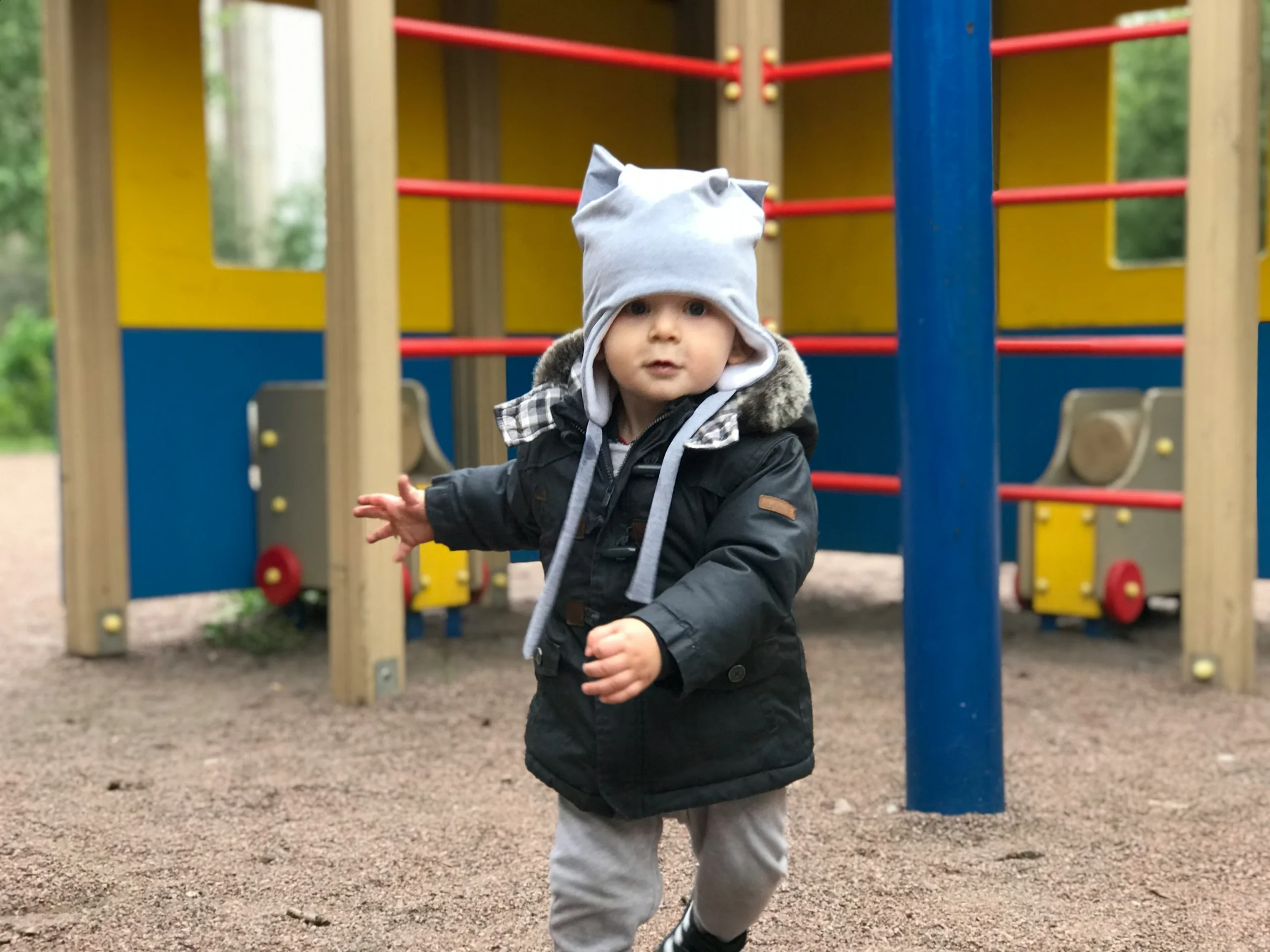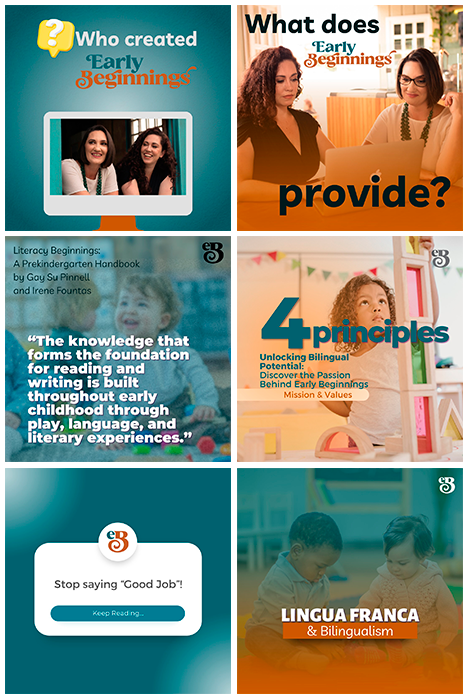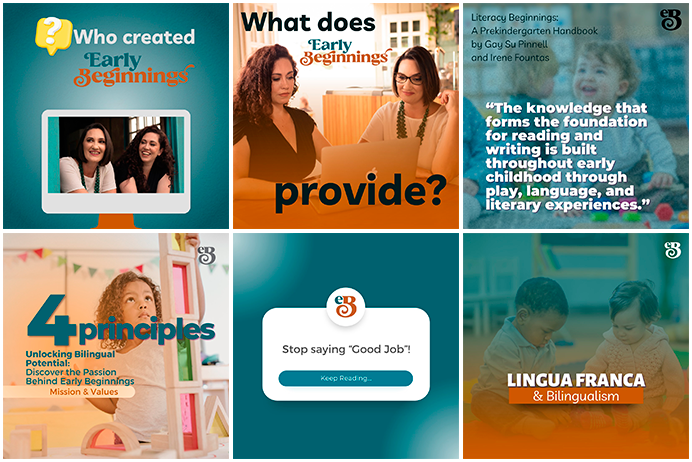Consistency Builds Teacher Well-Being
“Why do I always end up like this?”“Next year, I’ll do things differently.” Sound familiar? Do you start the school year full of energy but feel completely exhausted by the...
Creating Habits: Your Future Self Will Thank You For
If you’re reading this post, it’s probably because you need to do something you don’t particularly want to do, but you’ve realized it’s important, necessary, or you’ve simply reached your...
Consistency in Parent-Teacher Communication: Building Trust for the Year Ahead
Have you ever gone to a store when it was supposed to be open, but when you got there it was closed? Or have you ever written an email to...
Consistency: A Pillar of Language Learning
Consistency is a fundamental pillar in learning a new language, especially during childhood. In a bilingual environment where children are developing linguistic skills while exploring the world around them, maintaining...
Implementing Procedures: Consistency and Resilience are the Keys to Success!
A teacher’s consistency is the foundation for making a new procedure part of the routine. This means repeating the same approach, using the same words, and adopting the same actions...
Empathy as the Bridge: Building Connections with Families in Parent-Teacher Meetings
Empathy is the cornerstone of building strong relationships with families. One-on-one parent-teacher conferences provide invaluable opportunities for empathetic connection. To cultivate these relationships, we must be self-aware and engage in...
Essential Tips for Coordinators to Boost Teacher Success in Parent Meetings
Individual parent-teacher conferences can evoke a range of emotions for early childhood educators. From excitement about sharing children’s progress to apprehension about potential concerns, these meetings can be both rewarding...
Building Bridges with Families for Year-Round Engagement
Building strong partnerships with families is essential for creating a supportive and effective bilingual learning environment. While the concept of a two-way partnership may seem simple, implementing it requires consistent...
From Frustration to Collaboration: The Power of Family Partnerships in Bilingual Education
Let’s be real for a second. As teachers, we know that dealing with parents isn’t always easy. Some days, it feels like families bring more complaints, demands, and frustrations than...
Biliteracy in three phases
The interdisciplinary biliteracy sequence is an innovative approach designed to align daily instruction with the way young children learn in a bilingual setting. The model described by Arreguín, Alanís, and...
Supercharge Your SkillsOn-Demand Training for Bilingual Educators
- Dive into practical, research-backed online courses designed for your busy schedule. Gain valuable insights and learn effective strategies that you can apply immediately in your classroom.
- Our courses are designed using clear and concise global English, making them accessible for learners of all backgrounds.
Flexible and accessible: Learn from anywhere, anytime
Our self-paced courses fit seamlessly into your busy life, whether you're a new teacher
or a seasoned professional seeking to refresh your skills.
Unlocking Language
Through Bilingual Play
This dynamic course invites you to discover the revolutionary power of bilingual play. Learn how to transform playtime into a language-rich wonderland, nurturing your
students' natural curiosity to boost their bilingual skills.
Amplifying Young VoicesStrategies for Each Stage of Language Development
This comprehensive course equips you with the knowledge and tools to guide your students confidently through every stage of second language acquisition, empowering them to become confident and expressive communicators.
See MoreFor Schools
and Organizations
Early Beginnings offers two distinct professional development options to suit the unique needs of your school or organization: Individual Sessions which are short classes offered to a group of educators or Continuous Programs which are a series of short classes on a specific topic of choice.
See MoreReviews From Our Students
Ana Carolina
Paulista Lucas
Ana Carolina, a Brazilian native with fluency in multiple languages, brings over 15 years of experience in bilingual education to her role as co-founder of Early Beginnings. Holding a Bachelor of Science in Education and Biology for Secondary Education, she further deepened her expertise with a postgraduate degree in School Administration and is currently pursuing a Master's in Education.
Meet the Founders
Rebekah Sampson
Rebekah, a bilingual American with a deep understanding of diverse cultures, brings over 20 years of experience in bilingual education to her role as co-founder of Early Beginnings. Holding a Bachelor of Science in Education with focuses on Intercultural Studies and TESOL, she further pursued a Master of Business Administration and a postgraduate degree in Management, Leadership, and Technology, demonstrating her dedication to both education and strategic growth.
Meet the Founders
Ana Carolina
Paulista Lucas
Ana Carolina, a Brazilian native with fluency in multiple languages, brings over 15 years of experience in bilingual education to her role as co-founder of Early Beginnings. Holding a Bachelor of Science in Education and Biology for Secondary Education, she further deepened her expertise with a postgraduate degree in School Administration and is currently pursuing a Master's in Education.
Rebekah Sampson
Rebekah, a bilingual American with a deep understanding of diverse cultures, brings over 20 years of experience in bilingual education to her role as co-founder of Early Beginnings. Holding a Bachelor of Science in Education with focuses on Intercultural Studies and TESOL, she further pursued a Master of Business Administration and a postgraduate degree in Management, Leadership, and Technology, demonstrating her dedication to both education and strategic growth.
Our Instagram
Curious about upcoming workshops, courses & collaborations?
Get early access & more by following us on Instagram!
Trusted by leading institutions worldwide
